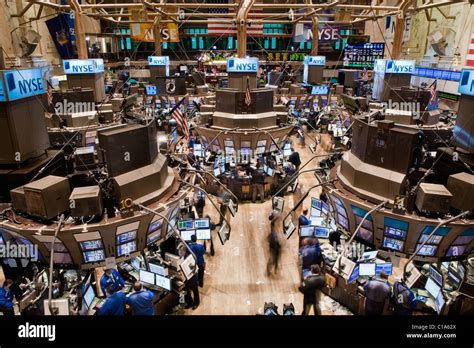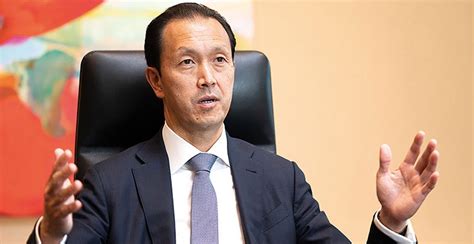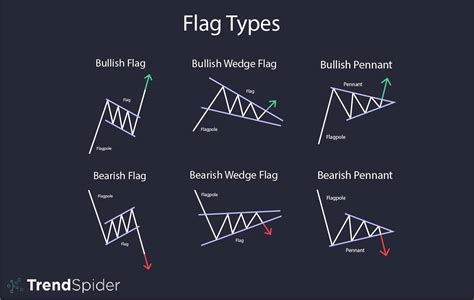Amid the hustle and bustle of Wall Street, a storm brewed over US bank stocks as President Trump’s tariff policies cast a shadow over dealmaking and loan demand. Investors kept a wary eye on the market, worried about the potential impact of these tariffs.
Market Turbulence
The once-stable bank stocks faced a turbulent period as Trump’s trade tactics sent ripples through the financial sector. The uncertainty surrounding tariffs created an atmosphere of caution among investors, leading to a significant downturn in stock prices.
Expert Insights
Financial analysts weighed in on the situation, offering their expertise on how these tariffs could affect banks’ profitability and growth prospects. Many highlighted the interconnected nature of global trade and its direct influence on banking institutions.
One seasoned economist noted, “The imposition of tariffs can disrupt international business transactions, affecting loan demands and potentially hindering mergers and acquisitions within the banking industry.”
The Impact on Deal-Making
As concerns loomed large, deal-making activities within the banking sector experienced a slowdown. The uncertainty caused by Trump’s tariff decisions made it challenging for banks to navigate potential partnerships and acquisitions confidently.
Experts observed that this hesitation was not only detrimental to individual banking institutions but also had broader implications for the overall economic landscape. Mergers that were once on the horizon now seemed shrouded in doubt, impacting market sentiment negatively.
Loan Demand Decline
Moreover, alongside hindered deal-making processes, loan demand saw a noticeable decline as businesses adopted a more cautious approach towards borrowing amidst tariff-related uncertainties. Banks found themselves grappling with reduced loan inquiries and sluggish credit growth rates.
An industry insider remarked, “The unpredictability spurred by changing tariff dynamics has instilled apprehension in borrowers, leading to subdued demand for loans across various sectors.”
Future Outlook
Looking ahead, market experts expressed cautious optimism tempered with concern about future developments. While hopes remained high for a resolution to the tariff conflicts, apprehensions regarding their prolonged impact persisted within financial circles.
In conclusion, US bank stocks navigated choppy waters amidst Trump’s tariff maneuvers—facing challenges in deal-making endeavors and witnessing a dip in loan demand. As stakeholders braced themselves for further developments in trade policies, the unpredictable terrain of global economics continued to cast its shadow over Wall Street.









Leave feedback about this